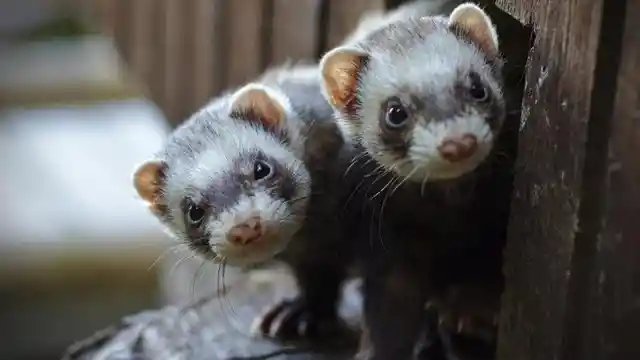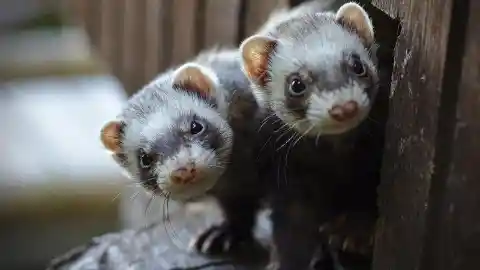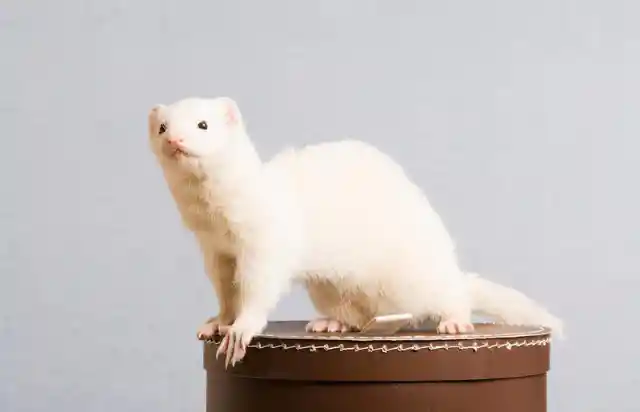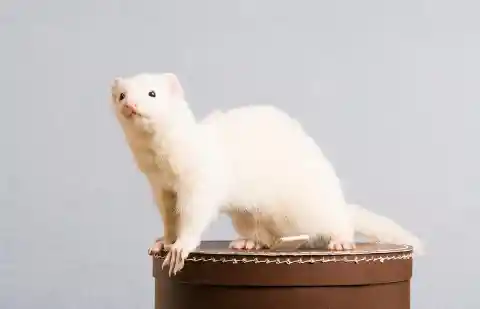While ferrets may seem pretty unassuming, they are actually quite fascinating animals. Here are a few ferret facts that prove that these little ones have a lot more going on for them than meets the eye!


Ferrets Have Been Around For A Long Time
We began domesticating ferrets around two and half centuries ago. For a long time, ferrets were used for hunting rabbits and vermin. Rabbit burrows are no match for ferrets. Their slim bodies and curious nature makes them perfect rabbit hunters. Ferrets were commonly utilized in the American West to defend grain storage from rodents from 1860 to the start of World War II. In the 1980s and 1990s, they were popularized as pets.
Ferrets Are Related To Polecats
Who would've thought that ferrets are actually descendants of the European polecat? When Polecats and ferrets interbreed they produce the domesticated ferrets we know today.
Ferrets Dance When Threatened
Forget fight or flight! Ferrets perform a hypnotic dance that puts their aggressors to sleep instead. Domestic ferrets do the same dance, but they mainly do it for fun. They’ll arch their backs and puff their tails as they sway from side to side. Busting a move in this manner is usually a good indication that the ferret is having a good time.


Mosquitoes Are No Friend To The Ferret
Heartworms can be transmitted to ferrets through the bite of an infected mosquito. Ferrets are susceptible to heartworm infections in the same way as dogs are, but their symptoms are more like those found in cats.
Black-Footed Ferrets Are Picky Eaters, Very Picky!
In central North America, wild black-footed ferrets, often known as American polecats, prey exclusively on prairie dogs. Prairie dogs made up 91 percent of the black-footed ferret’s diet in South Dakota, a study found. Unfortunately, their primary source of food has more serious issues than being eaten: the Black Death. The deadly virus has a habit of wiping out entire colonies of black-tailed prairie dogs. The endangered black-footed ferrets, who perish without their favorite food, are particularly vulnerable to this hazard.